
A borewell is a vital source of water for many households, industries, and agricultural lands, particularly in areas where access to municipal water is limited. Over time, borewells can experience wear and tear due to constant use, environmental factors, and the natural aging of the well. Ignoring early signs of borewell damage can lead to significant problems, such as water scarcity, contamination, or even the need for complete borewell replacement.
1. Reduced Water Output or Complete Drying of the Borewell
One of the most common and noticeable signs that you Need borewell service is reduced water output. If you notice that the water flow from your borewell has significantly decreased or your borewell has run dry altogether, it’s time to act fast. There are several reasons this could happen, including:
Water Table Depletion: Over-extraction of groundwater can lower the water table, reducing the amount of water available to your borewell. Seasonal variations, drought, and regional water usage can all contribute to this issue.
Sediment Blockage: Over time, sediments and minerals from the surrounding soil can accumulate in the borewell, causing blockages and reducing water flow.
Mechanical Failures: Components of the borewell, such as the pump or bore motor, may have worn out or malfunctioned, leading to reduced water output.
If you’re experiencing these issues, searching for borewell repair near me should be your first step. Professional borewell service providers can assess the situation and recommend appropriate measures such as cleaning, deepening the borewell, or replacing faulty components.
2. Contaminated or Discolored Water
Another clear sign that you need borewell service immediately is when the water from your borewell becomes contaminated or discolored. Healthy borewell water should be clear, clean, and free from any unpleasant odor or taste. If your water has turned murky, yellow, brown, or has a metallic smell, it could indicate several issues, including:
Pipe Corrosion: Over time, the pipes in your borewell may corrode, causing rust and other contaminants to mix with the water.
Groundwater Contamination: Chemicals, fertilizers, or other pollutants from surrounding areas can seep into the groundwater, contaminating your borewell water supply. This could also happen if your borewell is not sealed correctly, allowing surface water to mix with groundwater.
Sediment Buildup: As sediment accumulates in the borewell, it can mix with the water, leading to discoloration and contamination.
Immediate action is essential to avoid health risks and further damage to your borewell system. A quick online search for borewell service near me will help you find experts who can analyze the water quality, clean the borewell, and repair any damaged pipes.
3. Frequent Bore Motor Failures
A failing or malfunctioning bore motor is another strong indicator that your borewell needs servicing. The bore motor is responsible for pumping water from the underground well to your home or property, so any issues with the motor can lead to interruptions in your water supply. Some common symptoms of bore motor failure include:
Unusual Noises: If your bore motor starts making strange noises like grinding, humming, or rattling, it could be a sign of mechanical failure or motor overload.
Overheating: If the motor is overheating frequently, it may be due to a lack of proper cooling, overuse, or an electrical issue.
Inconsistent Water Pressure: A bore motor that isn’t working correctly may result in fluctuating water pressure, where the water flow is strong one moment and weak the next.
Regular maintenance and repair of your bore motor are crucial for its longevity. If you’re experiencing any of the above problems, searching for bore motor repair can connect you with professionals who specialize in borewell motor maintenance and replacement. These experts can diagnose the issue, repair or replace the motor, and ensure that your borewell functions efficiently.
4. Water Pump Running Continuously or Not Starting at All
A borewell pump that either runs continuously or refuses to start is another sign that your borewell requires immediate attention. This can be caused by a variety of issues, including:
Faulty Pressure Switch: The pressure switch in the borewell system is responsible for regulating the water pressure. If this switch malfunctions, the pump may run continuously, leading to overuse and possible burnout.
Leakage in the Pipes: If there’s a leak in the borewell pipes, the pump will work harder and longer to maintain water pressure, resulting in continuous running.
Clogged or Blocked Pump: Sediment buildup or debris in the borewell can clog the pump, preventing it from functioning correctly. This can cause the pump to either overwork or not start at all.
A continuously running pump can significantly increase your electricity bills, while a pump that doesn’t start can leave you without water. In either case, it’s crucial to seek borewell services. A quick search for borewell service near me will connect you with experts who can inspect the pump, identify the cause of the issue, and repair or replace the faulty components.
5. Unstable Water Pressure or Air in the Water Supply
If you’ve noticed that your water pressure fluctuates unexpectedly or there’s air coming out of your faucets along with the water, this could be a sign of a deeper problem with your borewell. Some common causes of unstable water pressure and air in the water supply include:
Pump Issues: A malfunctioning pump may not be able to maintain consistent water pressure, leading to fluctuations in the flow of water.
Leakage in the Borewell System: Air can enter the water supply if there’s a leak or crack in the pipes or fittings of the borewell. This can cause spurting water or air bubbles when you turn on your faucets.
Low Water Levels: If the water level in your borewell has dropped significantly, the pump may start to draw air along with the water, causing irregular water pressure and air bubbles.
If you notice these symptoms, it’s essential to act quickly. Ignoring the problem can lead to further damage to your borewell system and a complete loss of water supply. Searching for borewell repair near me can help you find experts who can diagnose the issue and provide solutions, such as sealing leaks, adjusting the pump, or deepening the borewell.
Preventative Maintenance for Borewell Systems
While recognizing the signs of a failing borewell is important, regular preventative maintenance can help you avoid these issues altogether. Borewell systems are complex, and routine inspections by a qualified professional can keep them running smoothly for years. Some preventative measures include:
Regular Water Quality Testing: Test your borewell water for contamination or changes in quality at least once a year.
Pump and Motor Inspection: Schedule regular inspections of your borewell pump and motor to ensure they are working efficiently.
Sediment Removal: Over time, sediment can build up in the borewell and affect its performance. Regular cleaning and desilting can help maintain proper water flow.
Water Table Monitoring: Keep an eye on the local water table, especially during dry seasons, to determine if your borewell needs to be deepened to maintain water availability.
Final Thoughts
Your borewell is a valuable resource, and ensuring its proper function is crucial for maintaining a steady water supply. By recognizing the early warning signs, such as reduced water output, contaminated water, bore motor failures, continuous pump operation, and fluctuating water pressure, you can avoid costly repairs and keep your borewell running efficiently.
If you’ve noticed any of these issues, don’t wait for the problem to worsen. Look for water bore drilling, borewell service near me, bore motor repair, or borewell repair near me to find qualified professionals who can help maintain or repair your borewell system. Taking prompt action will ensure that your borewell remains a reliable source of water for your home or property for years to come.
FAQs About Borewell Service
1. What are the signs that my borewell needs service?
Common signs include reduced water output, discolored water, pump or motor issues, continuous pump operation, and fluctuating water pressure.
2. How often should I have my borewell inspected?
It’s recommended to have your borewell inspected at least once a year for preventative maintenance and to check for any issues.
3. What should I do if my borewell runs dry?
Contact a professional for borewell repair near me to assess the water table and determine whether deepening the borewell or other solutions are needed.
4. Why is my bore motor making strange noises?
Unusual noises could indicate mechanical failure or motor overload. You should consult a specialist for bore motor repair to prevent further damage.
5. How can I prevent sediment buildup in my borewell?
Regular desilting and cleaning of the borewell can help prevent sediment buildup and maintain proper water flow.


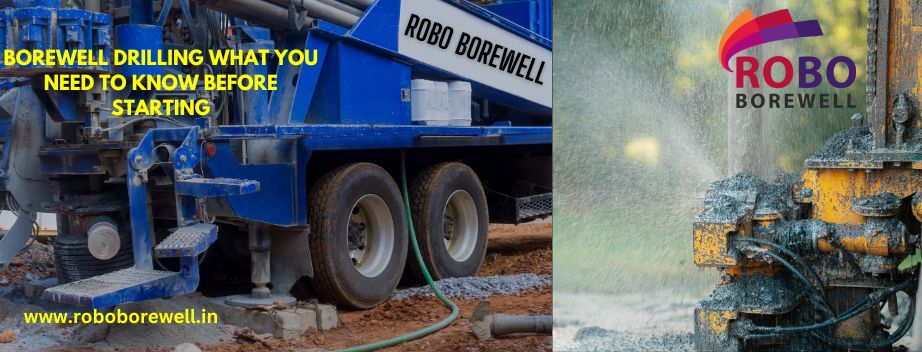



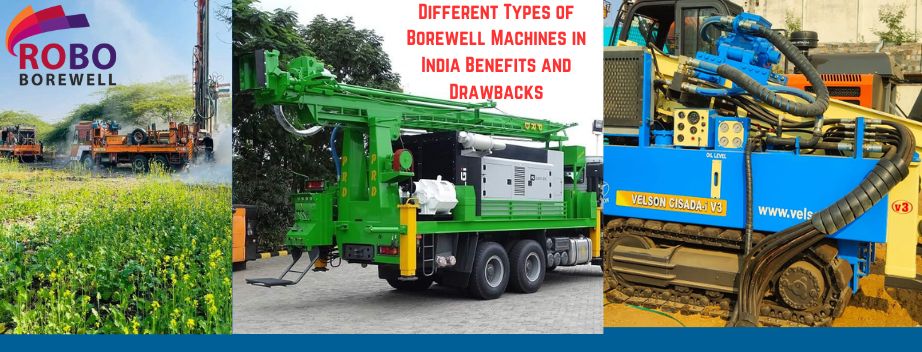
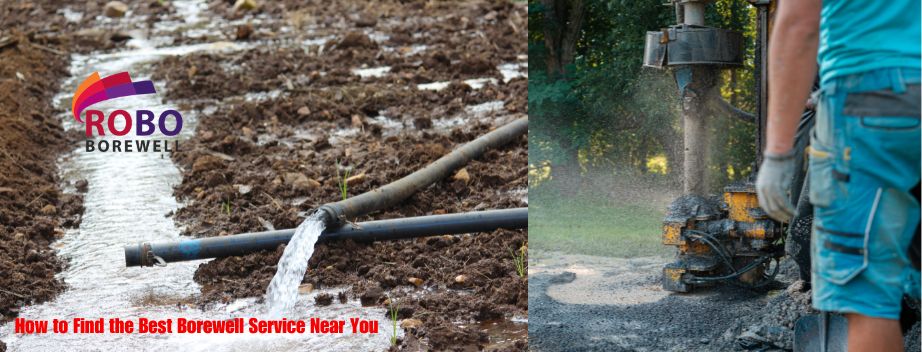

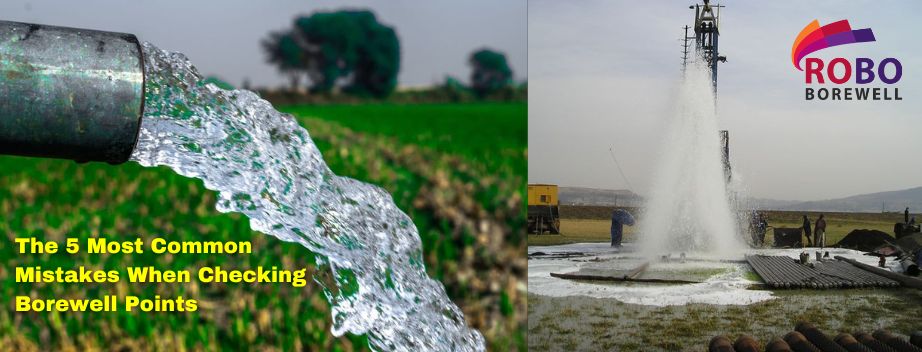
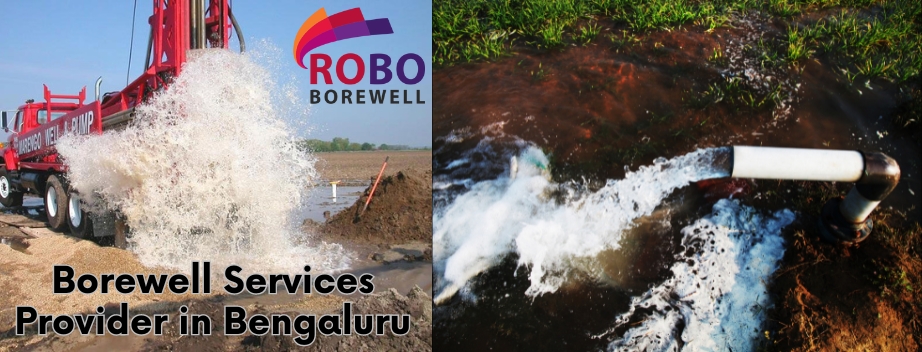
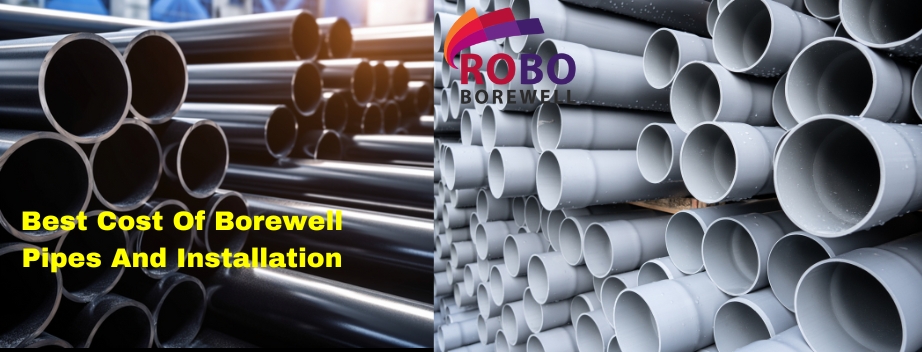
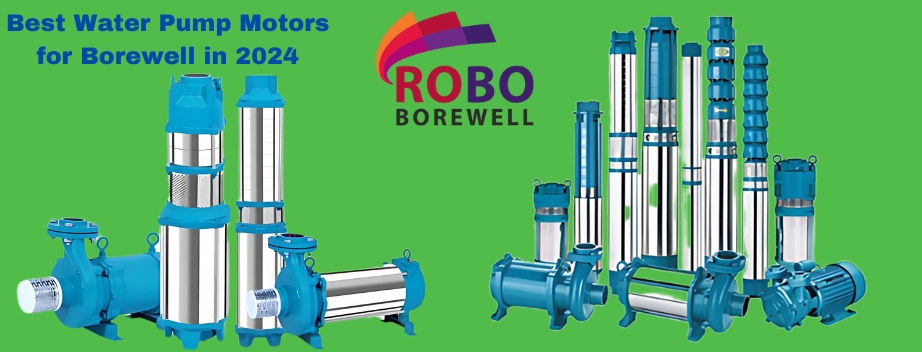
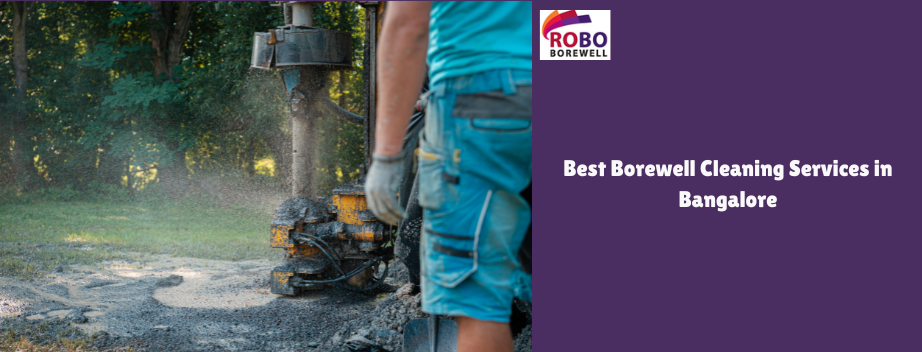


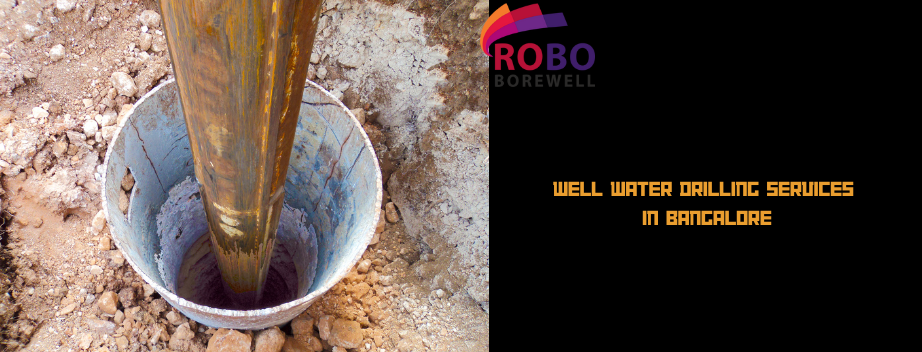




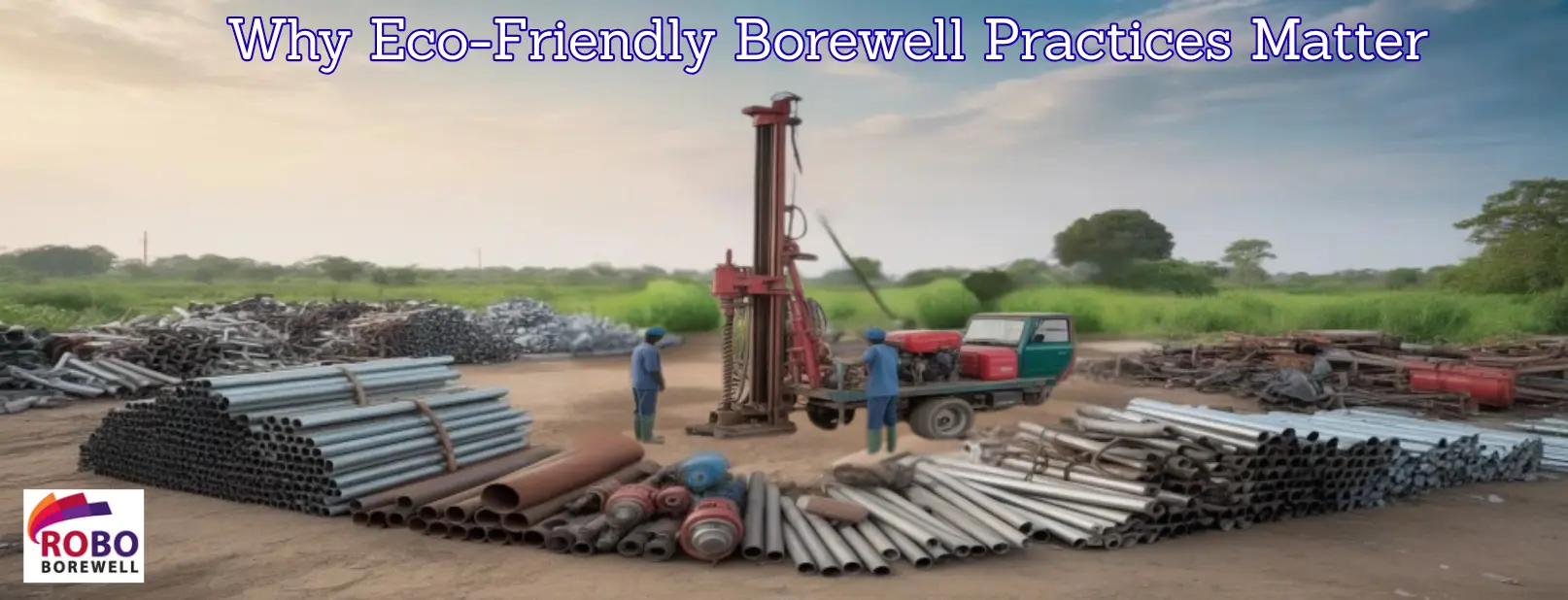
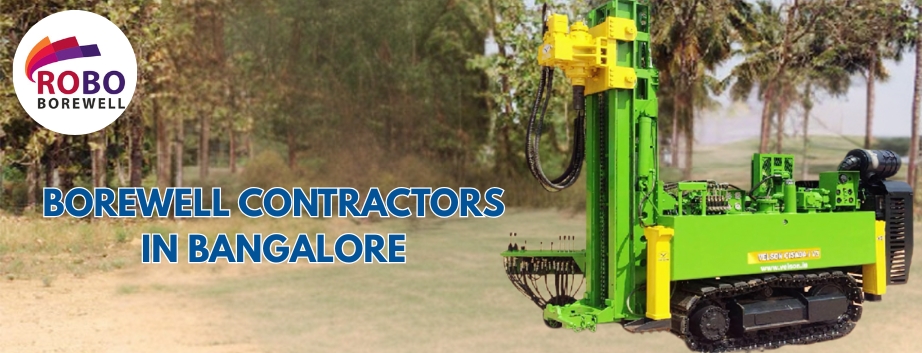
Add a comment